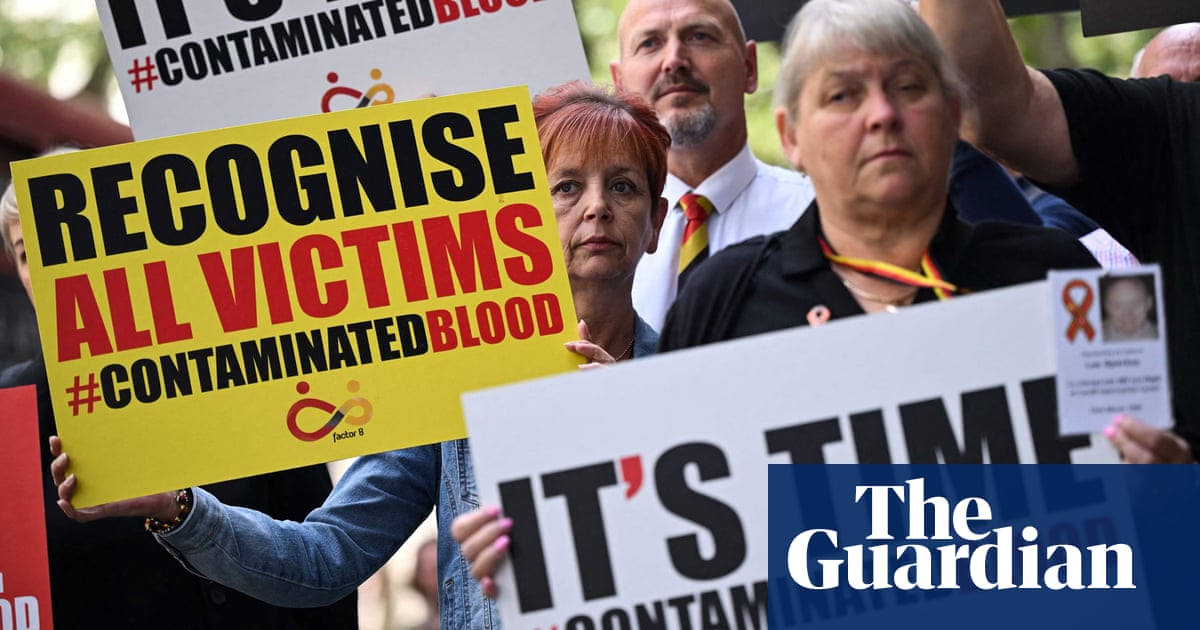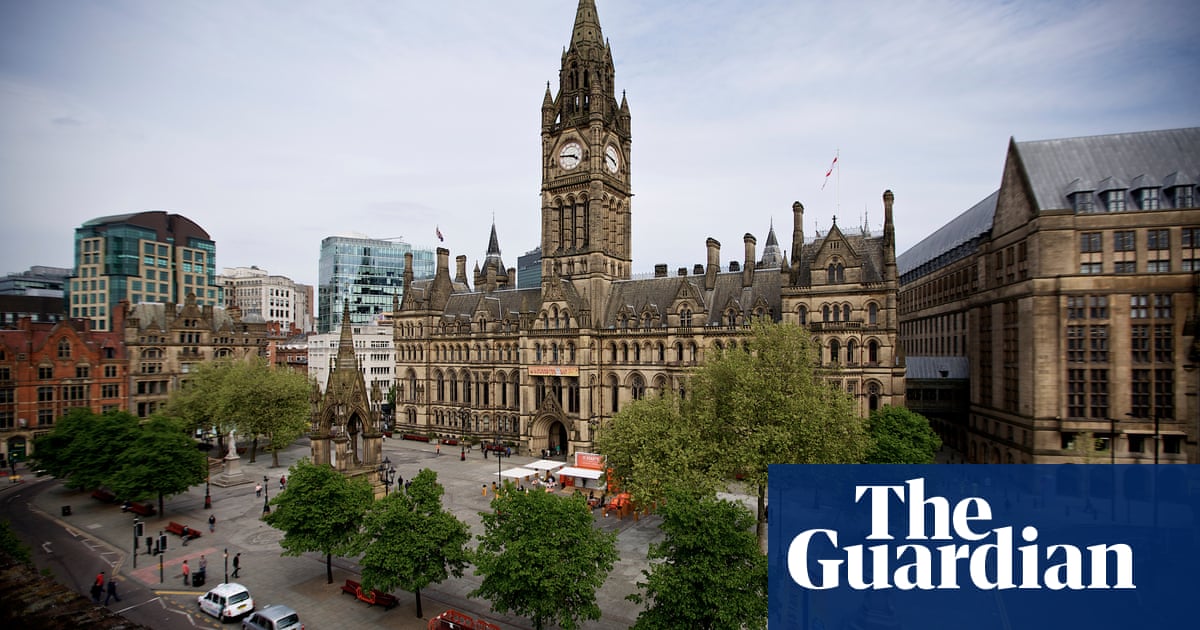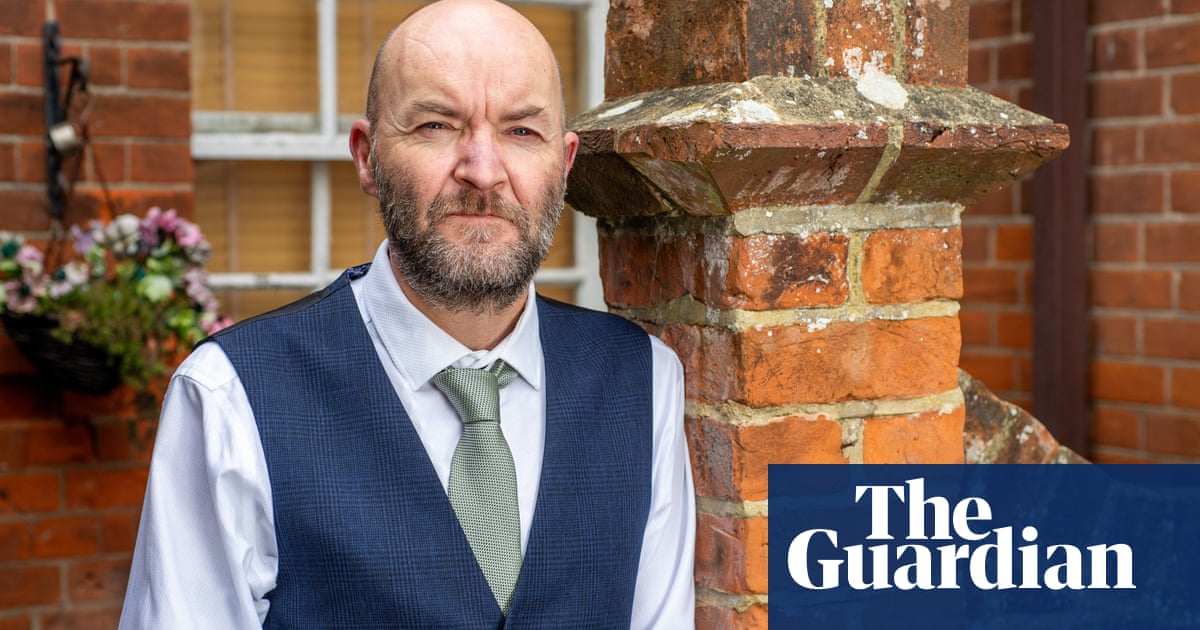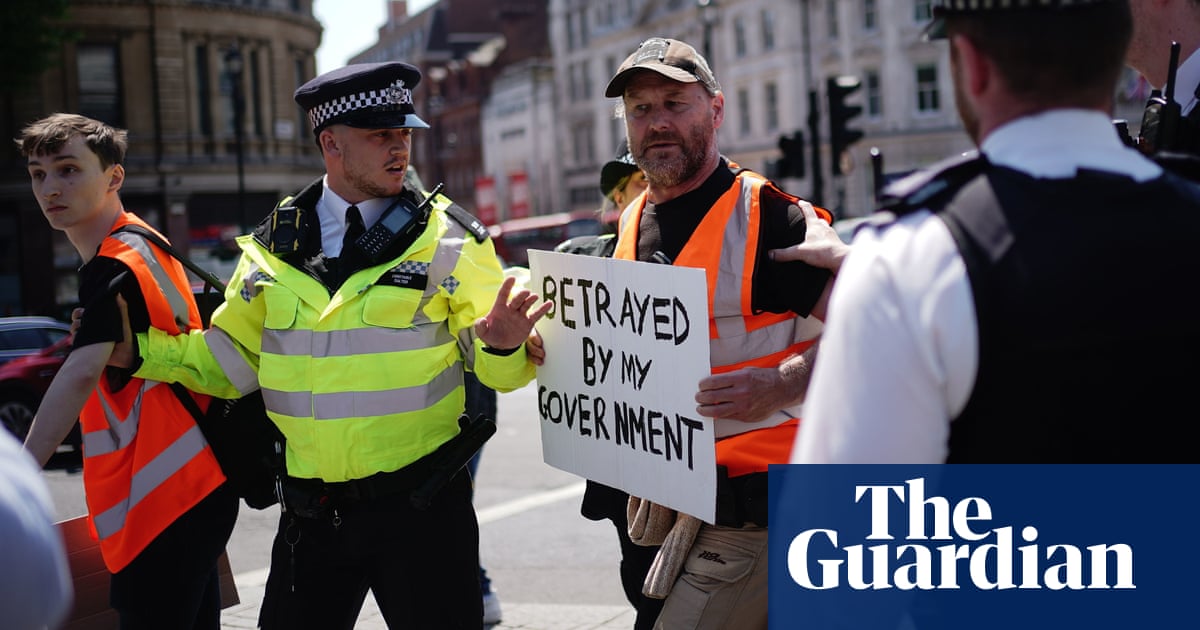
The final report of the infected blood inquiry must not only deliver justice but act as a catalyst to prevent such “colossal” state failures happening again, Andy Burnham has said.
The mayor of Greater Manchester, a long-time advocate for victims of the scandal, said a “fundamental rewiring of the political system” was needed as too many people were being harmed and then waiting decades for justice.
The inquiry’s final report will be published on 20 May, detailing how more than 30,000 haemophiliacs or transfusion recipients were infected with HIV and/or hepatitis C over more than two decades, killing an estimated 2,900 of them by the end of 2019.
Burnham, who also played a key role in uncovering the Hillsborough scandal, said there were similarities with that tragedy alongside the Grenfell Tower fire, the Post Office scandal, the Bloody Sunday killings and the nuclear test veterans’ fight for justice.
He said: “How is it that [so many] British citizens have been the victims of quite colossal injustice for decades and yet the state has just tried to push them into the wilderness?
“There’s a huge list. I think it goes to the heart of the way Britain is run. The system that we have hands too much power to the unelected state.
“The [House of] Commons system and the [party] whips system has the effect of transferring huge power to the unelected state and that power is often then not exercised in the wider public interest but in sectional, reputational interest. What else explains ministers in successive governments from the 70s through the 80s into the 90s, 2000s being given, quite frankly, untruthful information [by civil servants]?”
As health secretary in 2009, on the basis of guidance from civil servants, Burnham responded to a letter from an infected person saying there was no evidence that people were knowingly given contaminated blood, only later discovering that it was untrue.
He subsequently used his last speech in parliament in 2017 to demand a public inquiry into the scandal, denouncing a “criminal cover-up on an industrial scale”. In his evidence to the inquiry, Burnham suggested that corporate manslaughter charges should be considered.
Recalling those interventions, the Labour mayor said: “What’s come out since has just reinforced everything I was saying.”
Burnham said MPs had been trying to raise awareness of the scandal for decades, through debates and parliamentary questions but “just hit the brick wall of Whitehall and all of it just bounced off. It’s extraordinary really, parliament tried to hold Whitehall to account and just couldn’t because they were dug in behind the line.
“And it was all, I think, because of a Treasury decision that said there just could be no countenancing the levels of financial exposure from all of this, therefore no one could admit anything.”
Burnham said the contaminated blood scandal reinforced the need for a so-called “Hillsborough law”, which has been rejected by the government.
“The duty of candour that we’ve already spoken about in relation to the Hillsborough law, we will revise that call very strongly in relation to this as well,” he said. “The Hillsborough law is about a duty of candour on all public servants, not just police, all public servants. It should be a criminal offence for a public servant to give to anybody – a member of the public but particularly an elected person – information that they know to be false.”
The proposed changes were central to a campaign by families of the 97 people killed in the 1989 stadium disaster to prevent future police cover-ups.
As with the Hillsborough and Grenfell tragedies, Burnham said there had been a degree of victim blaming, with infected people incorrectly accused of risky behaviour and in the case of HIV, stigmatised. But Burnham said the contaminated blood scandal also had distinguishing features, which had hampered public awareness.
“If you think of Hillsborough, or Grenfell everyone knows where they were when they saw [what happened],” he said. “And the thing about those also is, because they generally affected people from a particular place, there’s a sort of a community of people ready to band together and fight.”
Burnham added: “This [contaminated blood scandal] was happening silently to thousands, tens of thousands, of people across the country who had no connection with each other and actually didn’t understand what was happening. And that’s why their story is still not clear, I guess, to the majority of people in the country, because it was a silent disaster.”
He described delays in compensation for some of those affected as “awful” but expressed hope that publication of the final report would be a “momentous day” that would see the government finally set up the recommended framework for payouts and provide an “authoritative statement” of what happened.
“When you finally tell a victim of injustice something that is equal to what they’ve experienced it as, the effect of that is so profound on people it’s incredible,” said Burnham. “In this instance, despite people knowing this for decades themselves, to have the state almost totally deny it and not even go near it, the extent to which that kind of compounds their hurt and their suffering, the secondary trauma of all of that, is, I think, underplayed.”
It had taken a lot of time and cost to get to this point, Burnham said, adding that this was “a product of this culture of pulling down the shutters”.
“The job of finding out the truth over the decades gets bigger and more complicated the longer the cover-up has gone on,” he said.












